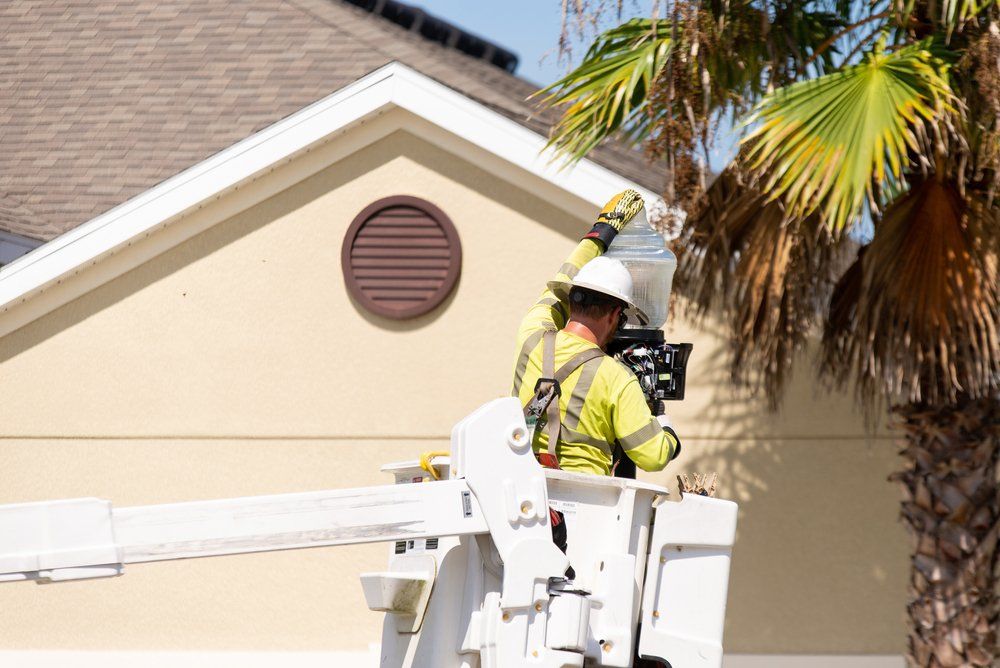
Bradfordville Electrical Repair
You can find out more about what is electrical repair services through HomeAdvisor. You can get help from prescreened electricians, if you're unsure how to do it yourself. Here are some common types of maintenance: Time-based, Fault finding, Corrective and Fault finding maintenance. Listed below are some of the common types of electrical maintenance. When choosing a service, be sure to look for experience, certification, and customer reviews.
Time-based maintenance
The time-based maintenance strategy involves periodic inspections, cleaning, and replacement of parts. This is an excellent way to minimize the likelihood of failure while simultaneously maximizing service levels and improving productivity. Time-based maintenance is much more cost-effective than breakdown maintenance, although it cannot guarantee zero breakdowns. However, time-based maintenance is not suitable for all assets. It must be customized to the needs of individual customers. Here are some tips to help you choose a time-based maintenance strategy for your electrical repair services:
A comprehensive maintenance plan involves a thorough examination of every piece of electrical equipment in a building. This involves recording every operational problem, all corrections, and replacements, maintenance dates, and contact information for each item. Each failure to boot up or replaced screw should be documented. These records will help your technician troubleshoot and solve any problems that may arise. Time-based maintenance is an excellent choice for most facilities.
Preventive maintenance
Regardless of industry or size, the need for preventive maintenance in electrical systems and equipment is important to business success. Electrical equipment and systems deteriorate over time, and they may experience accelerated deterioration when subjected to excessive duty cycling or overloading. However, an effective preventive maintenance program can significantly delay the onset of failure by identifying replacement intervals, scheduling outages, and regularly servicing electrical equipment and systems.
Regular preventive maintenance is especially critical for buildings in the DC area. Routine visits to a building by electrical professionals will ensure that the vital electrical systems remain up and running and minimize costly repairs. Regular visits can also uncover problems with wiring and other electrical components. Detecting and repairing these problems early on can save business owners time and money. By following electrical safety standards, preventive maintenance can prevent costly repairs and save thousands of dollars in repairs.
Corrective maintenance
Corrective maintenance in an electrical repair service involves the replacement of components that are easily replaceable. For example, replacing a light bulb could prevent the need for an entire repair session. To avoid such delays, a technician should have a stock of replacement bulbs on site. Also, he or she should be empowered to submit additional corrective orders if needed. Some companies use corrective maintenance to increase their productivity by reducing labor costs.
In contrast to preventive maintenance, corrective maintenance requires the use of tools and techniques that detect and avoid problems before they occur. A preventive maintenance plan prevents costly downtime before an emergency can occur. It's important to consider the costs and benefits of corrective maintenance when determining the best approach for your company. Performing preventive maintenance is a great way to keep your business running smoothly and avoid costly repair costs.
Fault finding maintenance
If your home or business is experiencing frequent problems with electricity and electrical wiring, it is a good idea to contact a reliable electrician for fault finding maintenance. Faults in wiring can cause several issues, including power outages, irregularities, and a potential fire hazard. An experienced electrician will be able to locate the faults and repair them quickly, ensuring your safety and peace of mind. A qualified electrician will also advise you on how to prevent further electrical faults from happening in the future.
Electrical repairs require specialized training and experience. When a fault occurs, a circuit breaker will trip, interrupting the flow of current. If a circuit breaker does not work properly, it should be replaced immediately. This will also prevent damage from appliances or too much power from being drawn from the circuit. Getting your circuit breaker replaced in the shortest time possible is the best way to avoid a potential electrical fire.
